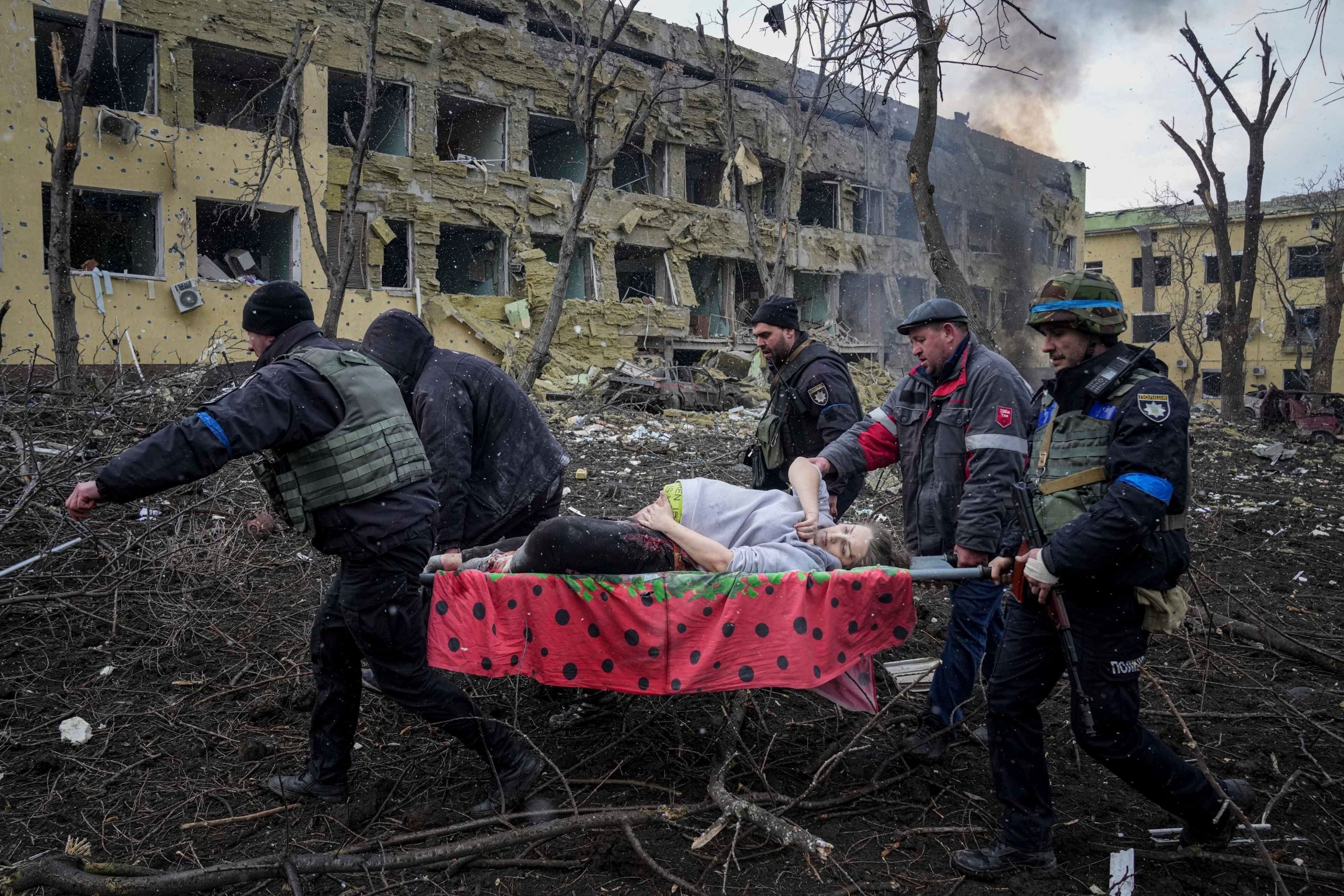At
least 300 people are feared dead in last week’s Russian strike on a Mariupol theatre in
Ukraine, reported news agency AFP. As Russian forces continue to bomb Mariupol,
many people have reportedly been killed in the city.
Also Read: Euro 2028: Russia makes shocking bid to host game despite football ban
On
March 16, Russian troops had dropped a bomb on a theatre in the port city of Mariupol.
According to officials, “more than a thousand”, including children,
were sheltering in the theatre.
Mariupol
is currently completely cut off from the rest of Ukraine and is running low on
resources. The city has reportedly rationed its supplies.
Also Read: Russian Olympians face criticism after Vladimir Putin’s pro-war rally
On Thursday, AP reported that President
Vladimir Putin’s war in Ukraine is approaching a new, potentially more
dangerous phase after a month of fighting has left Russian forces stalled by an
outnumbered foe. He is left with stark choices — how and where to replenish his
spent ground forces, whether to attack the flow of Western arms to Ukrainian
defenders and at what cost he might escalate or widen the war.
Despite failing to score a quick victory,
Putin is not relenting in the face of mounting international pressure,
including sanctions that have battered his economy. The Western world is
aligned largely against Putin, but there have been no indications he is losing
support from the majority of the Russian public that relies predominantly on
state-controlled TV for information.
Also Read: While bombing Ukraine to bits, Russia still pays fuel transit fee in full
Ukrainian defenders, outgunned but benefitting
from years of American and NATO training and an accelerating influx of foreign
arms and moral support, are showing new signs of confidence as the invading
force struggles to regroup.
Russian shortcomings in Ukraine might be
the biggest shock of the war so far. After two decades of modernization and
professionalization, Putin’s forces have proved to be ill-prepared, poorly
coordinated and surprisingly stoppable. The extent of Russian troop losses is
not known in detail, although NATO estimates that between 7,000 and 15,000 have
died in the first four weeks — potentially as many as Russia lost in a decade
of war in Afghanistan.







